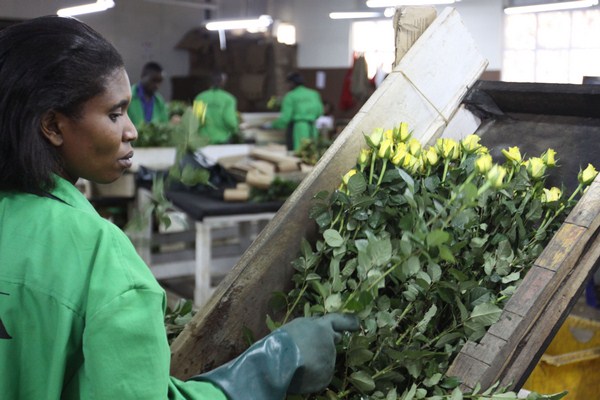After 12 years of divisive negotiations toward Economic Partnership Agreements (EPAs), the East African Community (EAC) last month became the latest African region to agree to a bilateral trade deal with the European Union. Concluding the talks was not easy, and sticking points among stakeholders remain, particularly around key African exports like Kenya’s horticultural products. The final deal has far-reaching consequences for East Africa’s economic development—not all of them good, as alternatives to such economic liberalization pacts, which critics contend favor the EU, emerge.
Following the Cotonou Agreement in 2000 between the EU and African, Caribbean and Pacific (ACP) states, which aimed to eradicate poverty in those regions and integrate them into the global economy, there was a definitive shift in the nature of the EU’s trade relations with all three regions. Since the 1970s, a preferential trading system had been in place, informed by the idea that such states should be protected from trade liberalization to assist their development. In 2002, however, negotiations toward EPAs began with what eventually became seven subregions of the ACP states. These were justified by the European Commission as a necessary change in order to satisfy World Trade Organization (WTO) rules on Regional Trade Agreements. It was also argued that they would act as a driver of development through the removal of trade barriers.
Although the Caribbean group met the initial deadline of the end of 2007, none of the other subregions were able to agree to comprehensive EPAs. In some cases, interim goods-only agreements were signed, but final EPAs continued to remain elusive until this year when, faced with concerted pressure from the EU, a number of African regions finally concluded their negotiations.

